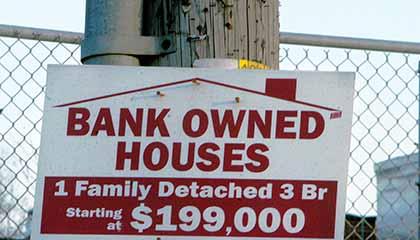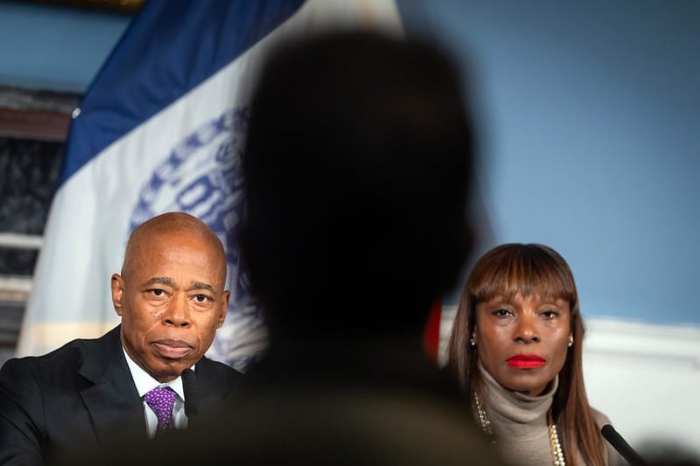By Ivan Pereira
A new report released last week has named Jamaica as the nation’s leading neighborhood for fraudulent home loan sales and the problem has gotten worse over the years, according to experts.
CoreLogic, a California-based real estate analyst firm, said the southeast Queens ZIP code has three to four times the fraud risk of the national average. The group said the 84 percent increase in reported fraud cases in 2009 conflicts with a 25 percent decrease in mortgage fraud risk, but it said it had to do with the lag between the fraud and the time it was reported.
“It takes approximately three years for a mortgage fraud to be recognized, which means that the industry is still seeing the impacts of fraud originated in 2007,” the report said in its executive summary. “Second, with increased awareness of fraud, the industry is reporting fraud more accurately than before.”
Southeast Queens neighborhoods such as Jamaica, St. Albans and Springfield Gardens lead the state in the number of foreclosures, many of which resulted from fraudulent loans. Many homeowners were tricked by fraudulent lenders into taking out a subprime mortgage, a loan that starts off with small payments but balloons to higher amounts quickly, and could not make the payments.
CoreLogic’s report said even though there have been laws enacted over the last three years to counter fraud, lenders are coming up with new ways to trick new homeowners.
“The most common of these hidden schemes is short sale fraud, where lenders are unknowingly victims of flippers who take advantage of market conditions,” the report stated.
Orlando, Miami, Atlanta and Detroit were the next areas in the ranking following Jamaica for high mortgage fraud cases.
CoreLogic said lenders must do more to fight corruption, since there are 55 cents in fraud loan value for every $100 in loan amounts that originated in 2009.
“While [lenders] have made tremendous progress on the fraud prevention front, they will still have to work hard to reduce this loss level,” the report said.
City Councilman Leroy Comrie (D-St. Albans), who like many elected officials in southeast Queens has been fighting mortgage fraud, said the root of the problem has been uninformed borrowers. Many of the homeowners in his area are first-time home buyers and do not know the ins and outs of obtaining a secure loan, the councilman said.
As a result, they are taken in by fraudulent lenders, according to Comrie.
“We need a more public outreach program so that the public isn’t taken in by these phony loans,” he said.
City Comptroller John Liu has also taken an initiative to crack down on foreclosure in Queens. Last week, his office sent letters to various banks, including Bank of America, HSBC and Wells Fargo, urging them to reform their loan modification processes so foreclosure victims can be spared.
“Unresponsive staff, misinformation and repeated requests for paperwork — the red tape and bureaucracy New Yorkers often cite as they struggle to save their homes — are symptoms of a system that lacks incentives for banks to take action and find solutions. It’s time to engage in identifying the best practices and solutions,” he said in a statement.
Reach reporter Ivan Pereira by e-mail at ipereira@cnglocal.com or by phone at 718-260-4546.


































